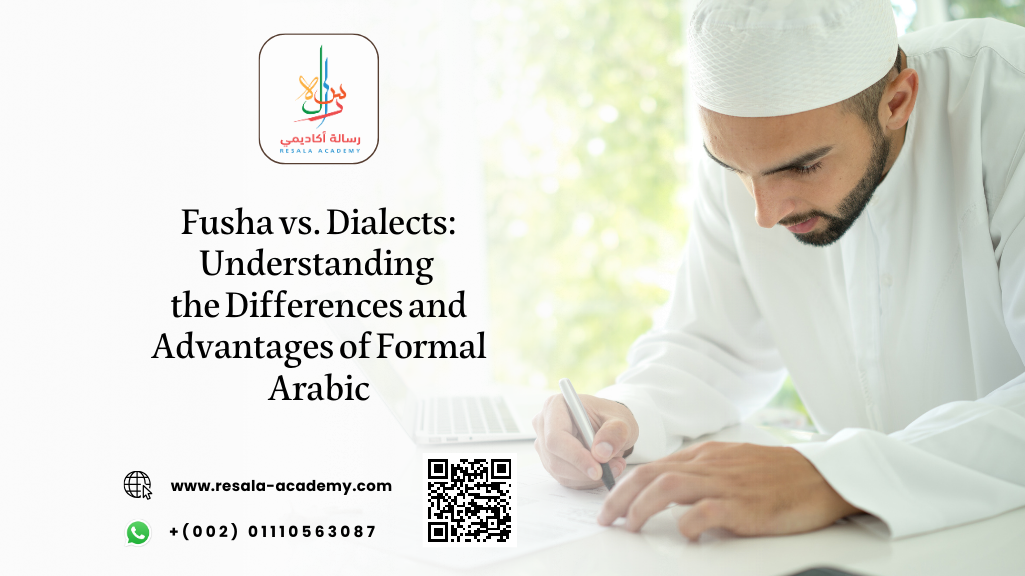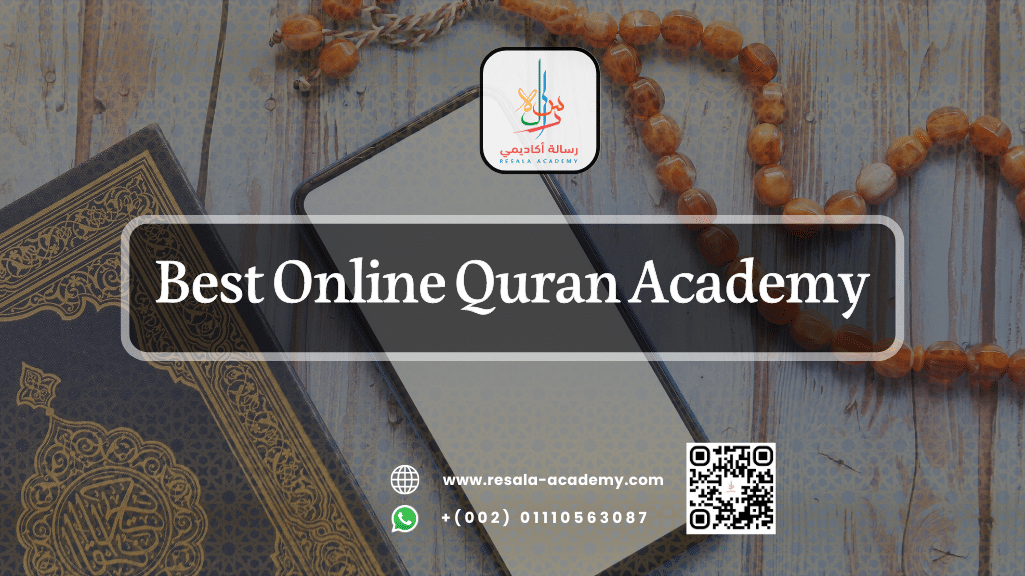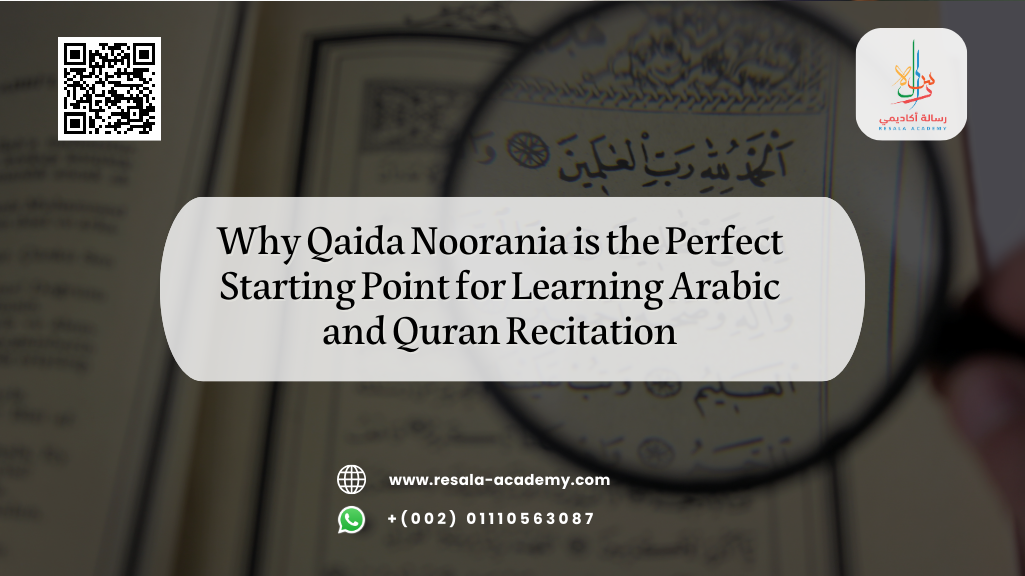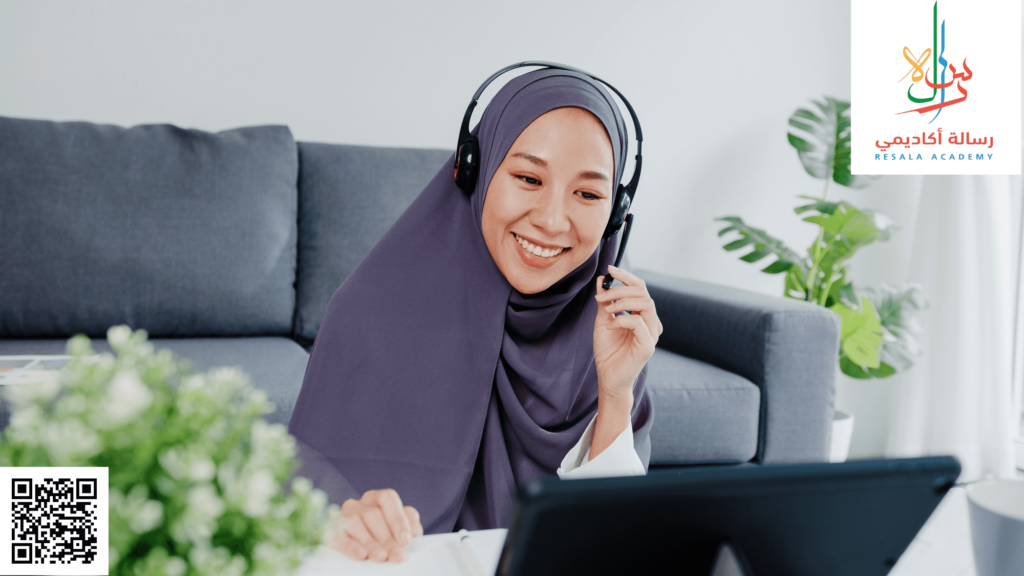Table of Contents
Fusha vs. Dialects 101: Understanding the Differences and Advantages of Formal Arabic
Welcome to the captivating world of the Arabic language! If you’ve ever delved into the fascinating realm of learning Arabic, you may have come across two distinct forms: Fusha and dialects. These two variations play a crucial role in Arab communication, each with its unique characteristics and advantages.
In this blog post, we will unravel the mysteries behind Fusha (also known as Modern Standard Arabic) and explore how it differs from dialects. From their linguistic disparities to their practical applications, we’ll dive deep into understanding these variants’ nuances. So whether you’re an aspiring linguist or simply curious about Arabic language diversity, get ready for an exciting journey!
Join us as we uncover the differences between Fusha and dialects, highlighting their merits and shedding light on why they both hold significant value in the rich tapestry of Arab culture. Let’s embark on this enlightening exploration together!
What is Fusha?
Fusha, also known as Modern Standard Arabic (MSA), is the standardized form of the Arabic language. It serves as a written and formal spoken language across the Arab world. Fusha has its origins in Classical Arabic, which was used during the time of the Qur’an and early Islamic civilization.
Compared to dialects, Fusha follows strict grammatical rules and sentence structures. It is characterized by its eloquence and precision. The vocabulary used in Fusha is rich and diverse, with roots that trace back to ancient times.
Unlike dialects, which vary from region to region, Fusha remains consistent throughout different Arab countries. This allows for universal understanding among speakers of various dialects. Whether you’re speaking to someone from Morocco or Saudi Arabia, using Fusha ensures effective communication without any misunderstandings.
In academic settings such as schools or universities, formal writings like research papers or textbooks are typically written in Fusha. Proficiency in this formal variant opens doors to higher education opportunities and enhances professional prospects for individuals seeking careers in fields such as law, journalism, translation, or diplomacy.
Fusha vs. Dialects
Understanding the differences and advantages of Formal Arabic (Fusha) versus dialects is crucial for anyone interested in learning or studying the Arabic language. Let’s revisit some key points:
– Fusha, also known as Modern Standard Arabic, is the standardized form of the language used in formal settings such as literature, media, academia, and official documents.
– Dialects are regional variations of Arabic spoken by native speakers in different countries or even within specific regions within a country.
– Fusha provides a strong foundation for communication across Arab countries and allows for clear understanding between speakers of different dialects.
– Dialects have unique characteristics that reflect local cultures and traditions. Mastering a particular dialect can enhance cultural immersion and foster deeper connections with native speakers.
– Fusha is essential for reading classical texts, and religious scriptures like the Quran, conducting business negotiations on an international level, or pursuing higher education in fields like linguistics or Middle Eastern studies.
– Learning both Fusha and a chosen dialect offers learners greater versatility. It enables them to adapt to various situations while maintaining respect for cultural nuances.
By recognizing these distinctions between Fusha and dialects and appreciating their respective advantages, language learners can make informed decisions about which path best suits their goals. Whether your aim is academic proficiency or seamless integration into local communities during travels abroad – embracing both aspects will undoubtedly enrich your experience with this beautiful language. So go ahead – immerse yourself in the rich tapestry of Formal Arabic!
Definition and Characteristics of Fusha
Fusha, also known as Modern Standard Arabic (MSA), is the formal and standardized version of the Arabic language. It serves as a common medium for communication among Arabic speakers from different regions and countries. With its roots in Classical Arabic, Fusha has been used for centuries in literature, media, education, politics, and official documents.
Characterized by its grammatical structures and vocabulary derived from classical texts, Fusha maintains a sense of elegance and precision. Its syntax follows strict rules with little room for variation or dialectal influences. This linguistic consistency makes it easier to understand across various Arab-speaking communities.
In terms of pronunciation, Fusha tends to be more conservative compared to dialects. It adheres closely to the original phonetic features of Classical Arabic. While this can make speaking Fusha challenging at times, it enables learners to develop a solid foundation in proper pronunciation that can be applied when learning dialects later on.
Definition and Characteristics of Dialects
Ah, dialects! Those colorful variations of the Arabic language bring a unique flavor to its already rich tapestry. Picture this: you’re strolling through a bustling market in Morocco when suddenly, your ears are filled with the melodious sounds of Moroccan Arabic. It’s like music to your soul. Dialects are the local adaptations of Arabic, influenced by regional accents, vocabulary, and grammar. They reflect the vibrant cultures and histories of different Arab-speaking regions.
Each dialect has its distinct features that set it apart from formal Arabic (Fusha). From pronunciation quirks to peculiar expressions and idioms, these linguistic gems provide an intimate glimpse into local customs and traditions. The flexibility of dialects allows speakers to communicate effortlessly within their communities while maintaining a strong sense of cultural identity.
While Fusha is the foundation for formal communication across the Arab world, it’s essential to appreciate the beauty and relevance of dialects as well. They thrive in informal settings such as family gatherings or casual conversations with friends at a neighborhood cafe. As native speakers effortlessly switch between Fusha and their respective dialects depending on social context, they showcase both linguistic prowess and cultural adaptability.
Remember, understanding dialects is like unlocking hidden treasures—each region holds its linguistic gem waiting to be explored! So whether you’re learning Fusha for academic or professional purposes or simply want to dive into an authentic conversation with locals during your travels—embrace both Fusha and dialects! Discovering them will deepen your connection not only with the language but also with diverse Arab cultures around the world.
Linguistic Differences between Fusha and Dialects
When it comes to Arabic, understanding the linguistic differences between Fusha (Formal Arabic) and dialects is crucial. Here are some key points to help you grasp these distinctions:
1. Vocabulary: Fusha relies on classical vocabulary, while dialects incorporate more colloquial terms.
2. Pronunciation: Fusha follows strict pronunciation rules, whereas dialects may vary greatly in their pronunciation of certain sounds.
3. Grammar: Fusha adheres to complex grammatical structures, while dialects often simplify or modify these rules.
4. Writing System: Fusha uses a standardized script known as Modern Standard Arabic (MSA), while different Arab countries have their written variations for their respective dialects.
5. Syntax: The word order in sentences can differ between Fusha and dialects, affecting the overall structure and clarity of communication.
6. Verb Conjugation: There are variations in verb conjugation patterns between Fusha and different regional dialects.
Understanding these linguistic differences will enhance your comprehension of how Formal Arabic differs from various spoken forms within the Arab world. Whether you’re studying Arabic for academic purposes or planning to visit an Arab country, being aware of these nuances will undoubtedly improve your language skills!
Advantages of Formal Arabic (Fusha)
Universal Understanding:
One of the major advantages of learning and using Formal Arabic, also known as Fusha, is its universal understanding. Whether you’re in Morocco or Oman, Egypt or Saudi Arabia, Fusha allows you to communicate with people from all over the Arab world. It serves as a common language that bridges the gap between different dialects and ensures clear communication.
Academic and Professional Use:
Formal Arabic is not only essential for everyday conversations but also plays a crucial role in academic and professional settings. From literature to journalism, law to diplomacy, proficiency in Fusha opens up a wide range of opportunities. It provides access to a wealth of knowledge captured in classic texts and enables effective communication on international platforms.
Historical and Cultural Significance:
Fusha carries immense historical and cultural significance. It connects us with our rich literary heritage dating back centuries. By studying Formal Arabic, we gain insights into ancient manuscripts preserving the wisdom of scholars who shaped Arab civilization. Moreover, it allows us to appreciate poetry, prose, music, and calligraphy—art forms deeply rooted in the beauty of this classical language.
Unlocking these advantages through learning Formal Arabic can be an incredibly rewarding journey!
Universal Understanding
Fusha, also known as Formal Arabic, is a language that holds the power of universal understanding. It serves as a bridge between different Arab countries and cultures, allowing people from diverse backgrounds to communicate effectively. Whether you’re in Morocco or Iraq, Egypt or Saudi Arabia, Fusha ensures that you can express yourself and be understood by speakers of this prestigious language.
With its standardized grammar and vocabulary, Fusha eliminates any confusion caused by regional dialects. This uniformity enables smooth communication across borders and encourages cultural exchange on a broader scale. It’s like having a secret code that unites millions of Arabic speakers around the world!
By learning Fusha, you gain access to an extensive range of written materials such as literature, historical texts, scientific research papers, and news articles – all created with Formal Arabic as their foundation. Moreover, many academic institutions use Fusha as the medium of instruction for subjects like Islamic studies and classical literature. So if you aspire to pursue higher education or professional opportunities in the Arab world, mastering Fusha will give you an advantage.
In addition to being widely used in formal settings like academia and media outlets across the Arab world, Fusha carries significant historical and cultural significance. Classical works from renowned figures like Ibn Khaldun and Al-Jahiz were composed in this elegant form of Arabic. By studying Fusha deeply enough to appreciate these literary gems without relying on translations or interpretations, you connect with centuries-old traditions while preserving their essence for future generations.
Academic and Professional Use
Academic and professional use of formal Arabic, also known as Fusha, holds immense importance in the Arab world. Its standardized grammar and vocabulary make it the language of choice for written communication in educational institutions and workplaces.
In academic settings, Fusha is essential for students pursuing higher education. It allows them to understand scholarly research papers, textbooks, and lectures delivered by professors. Proficiency in Fusha ensures that they can effectively participate in discussions and produce well-written assignments.
In professional environments, Fusha serves as a tool for clear communication among colleagues from different dialect backgrounds. It enables professionals to write official documents such as reports, emails, and presentations that can be easily understood by all parties involved.
Proficiency in Fusha not only enhances one’s credibility but also opens up opportunities for collaboration on an international scale. Employers often value individuals who possess strong formal Arabic skills due to their universal nature. Whether you aspire to work in academia or multinational corporations with a global reach, having a command over Fusha will undoubtedly give you an edge over others.
Remember: Being proficient in formal Arabic does not mean neglecting dialects! They have their unique advantages which we’ll explore later on!
Historical and Cultural Significance
The historical and cultural significance of Formal Arabic, or Fusha, cannot be overstated. It is a language that has been passed down through generations, preserving the rich heritage and traditions of Arabic-speaking countries. From ancient texts to modern literature, Fusha allows us to delve into the depths of our history.
One of its greatest contributions lies in its connection to Islam. As the language of the Quran, Fusha holds profound religious importance for millions around the world. It is through this sacred text that people find solace, guidance, and unity in their faith.
Furthermore, Fusha serves as a bridge between past and present civilizations. By studying it, we gain access to centuries-old works from philosophers like Ibn Rushd or poets like Al-Mutanabbi – voices that have shaped our understanding of artistry and wisdom.
The historical and cultural significance of Formal Arabic (Fusha) stretches beyond words – it embodies an entire legacy ingrained within society’s fabric.
Advantages of Dialects
When it comes to language, diversity is key! Dialects offer a unique set of advantages that cannot be overlooked. Let’s explore why embracing dialects can enhance communication and cultural understanding.
Dialects foster local and regional communication. Imagine traveling to different Arabic-speaking countries and effortlessly blending in with the locals by speaking their dialect. The ability to communicate on a local level allows for deeper connections and more meaningful interactions with people from various regions.
Dialects play a significant role in preserving cultural identity. Language reflects the history, traditions, and values of a community. By embracing dialects, we celebrate the richness of diverse cultures within the Arabic-speaking world.
There is something special about using dialects in informal settings. Whether it’s engaging in casual conversations with friends or sharing jokes at family gatherings, speaking in your native dialect adds an element of familiarity and comfort that formal Arabic may lack.
In conclusion, dialects bring diversity into languages like Arabic by facilitating local communication while preserving cultural identities. They also add warmth and informality to everyday conversations that formal Arabic may not provide.
So let’s appreciate both Fusha (Formal Arabic) as well as our beloved dialects for their unique advantages!
Local and Regional Communication
When it comes to connecting with people at a grassroots level, nothing beats the power of dialects in Arabic. These unique forms of communication are deeply rooted in local cultures and customs, allowing for a more intimate and personal connection between individuals. Whether you’re conversing with villagers in rural Egypt or engaging with locals in bustling cities like Beirut or Casablanca, speaking their dialect instantly creates a bond that transcends words.
Dialects capture the essence of regional identities, reflecting the rich tapestry of Arab culture across different countries. From the melodic flow of Levantine Arabic to the rhythmic expressions of Maghrebi dialects, each region has its distinct linguistic flavor. This diverse range allows for an immersive experience when traveling within Arab nations – you can truly delve into local traditions and gain a deeper understanding of their way of life.
In informal settings such as family gatherings or social events, using dialects adds an element of warmth and familiarity that formal Arabic may lack. It brings people together through shared experiences and common linguistic nuances. When joking around with friends or engaging in light-hearted banter, utilizing colloquial phrases ensures everyone is on the same wavelength – after all, laughter knows no boundaries!
Cultural Identity
Our language is deeply intertwined with our sense of self, and the use of dialects plays a significant role in shaping our cultural identity. It’s like wearing a badge that proudly declares who we are and where we come from.
Dialects reflect the unique customs, traditions, and history of specific regions. They carry within them the essence of local culture, painting vivid pictures of vibrant communities and their diverse ways of life. From the musical rhythm of accents to colorful idioms and expressions, dialects bring an authentic flavor to conversations – a taste that cannot be replicated elsewhere.
Speaking in dialects fosters a deep connection with one’s roots, creating a strong bond between individuals who share similar linguistic backgrounds. It serves as a powerful tool for preserving cultural heritage across generations. Dialect speakers can effortlessly pass down stories, folklore, and historical knowledge embedded within their language – keeping traditions alive through spoken words.
In informal settings such as family gatherings or local festivals, dialects act as bridges between people – enabling effortless communication among community members while fostering a sense of belonging. The ease with which locals communicate using their shared vernacular creates an atmosphere filled with warmth and familiarity – like coming home after being away for far too long.
Informal Settings
When it comes to informal settings, dialects take the spotlight in Arabic communication! Imagine yourself sitting at a bustling café or mingling with locals at a vibrant market. It’s here that you’ll truly appreciate the richness and diversity of dialects. These colorful variations allow for a more relaxed and casual conversation – perfect for building connections and immersing yourself in local culture.
In informal settings, using dialects helps create an immediate sense of familiarity and belonging. Whether you’re cracking jokes or engaging in light-hearted banter, speaking in the local dialect adds authenticity to your interactions. It shows respect towards the community, making them feel connected on a deeper level.
Moreover, when using dialects in informal settings, you’ll likely encounter unique expressions and idioms that are specific to each region. This linguistic tapestry not only enhances your understanding of the language but also provides insights into local customs and traditions. So next time you find yourself amidst friendly locals, don’t be shy to embrace their dialect – it’s like unlocking a treasure trove of cultural knowledge!
Resala Academy Offers Online Arabic Fusha Classes
Are you ready to embark on a journey of linguistic mastery? Look no further than Resala Academy, your gateway to online Arabic Fusha classes. Whether you’re a beginner or an experienced learner, our courses are designed to cater to all levels of proficiency.
At Resala Academy, we understand the importance of convenience and flexibility in today’s fast-paced world. That’s why our online classes allow you to learn at your own pace and from the comfort of your own home. With our expert instructors guiding you every step of the way, you’ll be well-equipped with the skills needed to communicate effectively in formal Arabic.
Joining Resala Academy means joining a community of passionate learners who share a common goal – mastering Fusha. Through interactive lessons, engaging exercises, and personalized feedback, we strive to create an immersive learning experience that will leave you feeling confident and empowered.
So why wait? Take the first step towards fluency in formal Arabic by enrolling in our online Fusha classes at Resala Academy today! Your language skills will thank us later.
FAQs
1. Is Fusha the same as Modern Standard Arabic?
Yes, they are essentially the same thing. Fusha is often used interchangeably with Modern Standard Arabic (MSA), which is the standardized form of Arabic used in formal settings such as literature, media, and education.
2. Are all dialects mutually intelligible?
No, each Arab country has its unique dialect that can vary significantly from one another. While speakers of different dialects may be able to understand each other to some extent, complete mutual intelligibility is rare.
3. Can I learn both Fusha and a specific dialect?
Absolutely! Many language learners choose to study both Fusha and a particular dialect for a well-rounded understanding of the Arabic language and culture. Learning Fusha first can provide a strong foundation before delving into specific regional variations.
Conclusion
In the fascinating world of Arabic language and culture, the dichotomy between Fusha and dialects presents both unique challenges and advantages. While Fusha provides a universal understanding across Arab-speaking countries, it is primarily used in academic and professional settings. On the other hand, dialects play a crucial role in local communication, cultural identity, and informal settings.
Understanding the differences between Fusha and dialects allows us to appreciate the richness of the Arabic language as a whole. Whether you choose to focus on mastering formal Arabic or embrace regional variations, both have their own merits.
At Resala Academy, we recognize the importance of learning Formal Arabic (Fusha) for individuals seeking academic or professional success within an Arab-speaking context. That is why we offer online classes specifically tailored to help learners achieve proficiency in this standardized form of Arabic.
So whether you aspire to become an expert in classical literature or seek fluency for business purposes, our experienced instructors are here to guide you every step of the way
Begin your journey towards mastering Fusha by enrolling in our online Arabic courses today! Unlock endless possibilities for cultural exchange, comprehension, and connection with people from diverse backgrounds across the Arab world.
Immerse yourself in this beautiful language – its history awaits!
Join Resala Academy now – where learning knows no boundaries!




